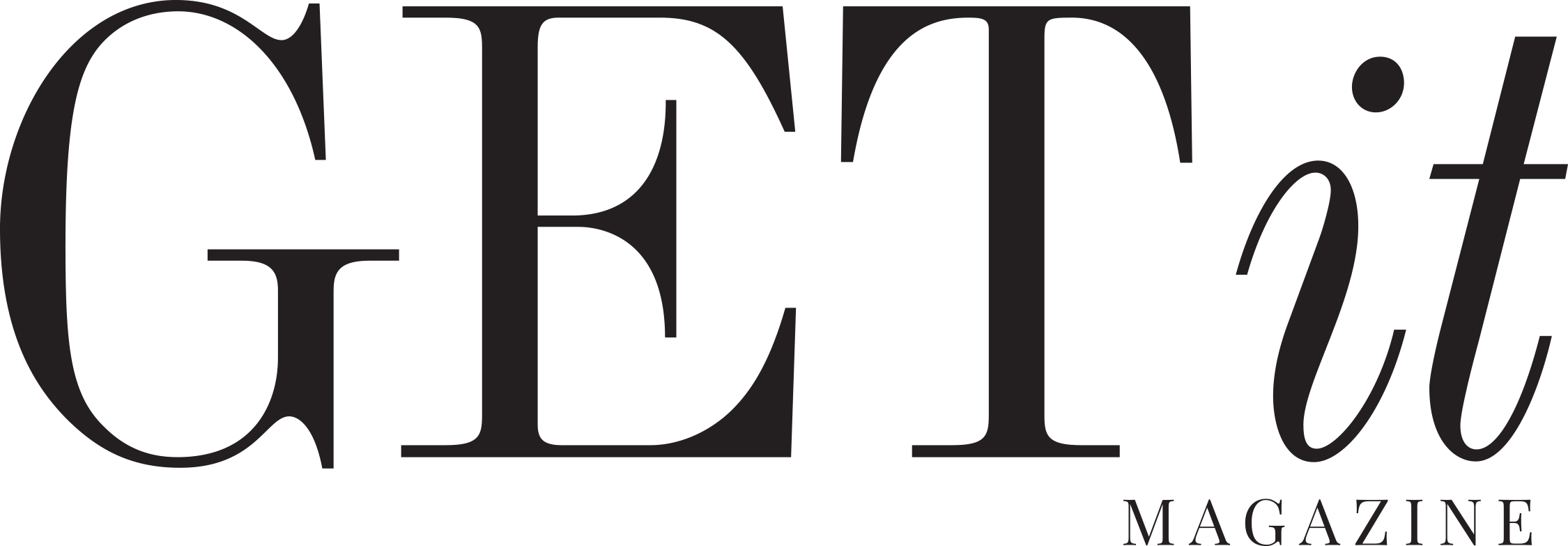More than just Netflix control and takeaway-decision power, Kathleen Loxton questions whether it’s healthier to be single
What’s been said?
Over the last few years there has been mountains of articles on the advantages of being single health wise. A report from The Sydney Morning Herald read: “Research suggests that happily married people are healthier than singles and less likely to have chronic diseases than their single peers. However, recent research points to the fact that we’re not all meant for relationships — and the many benefits of staying single.” The article went on to highlight that, “These people belong to a bigger group of folks that psychologist Bella DePaulo, social scientist and author of Singled Out: How Singles Are Stereotyped, Stigmatised, and Ignored, and Still Live Happily Ever After, likes to call ‘single at heart.’ These are people for whom single life is their best, most authentic, most meaningful life, DePaulo says.”
Some other benefits of being single previously mentioned throughout such reports included: better friendships (sure, more time with the girls), better sleeping patterns (makes sense, no snoring) and having a strong sense of self and autonomy (you buy that MAC lipstick), leading to greater control over your own happiness (no constant aggravation over laundry left beside the laundry basket). But how much of this is true?

Get it investigated to find out more
I was joined by Evette Braunstein, Teaching Fellow and psychologist at Bond University, to discuss this very topic…
What’s important to remember is that initial research in this area was predominately focused on married people, not singledom. Evette explained, “Before they were saying that people that were married had better outcomes health-wise. Less addictions because you’re accountable to someone else, less infectious diseases, cancer, diabetes — Dr John Gottman, the relationship expert, that’s a lot of his work. And it’s not actually to do with the relationship, it’s to do with happiness. So, if you’re unhappy, or in an abusive relationship or toxic environment (particularly when someone is showing you contempt), you’re more likely to get cancer, heart disease, diabetes. That could also be feeding into this idea…”
However, it’s not a one-size-fits-all result, as Evette described, “Not everyone is suited to a couple’s relationship, you know, some of us are much happier single. But there’s always been that idea that if you’re not coupled in some way, something is wrong.” Even personally Evette has experienced assumptions about singledom, with well-known phrases like “You’re so nice, though” and “I know someone” peppered in conversation.
Broad assumptions aren’t realistic, let alone healthy or useful. This goes for research too. Evette noted this area often focuses on “what is the same about groups of individuals, however we miss the individual. We can lose that if we [approach the research as though] ‘people are all homogeneous and must be in some sort of couple, or they will be unhappy’.”
This opens up a whole other can of worms: the idea of happiness. “When you talk about happiness, the first thing is to define what happiness is. Because, again, there’s a huge variation of people and it depends on so many things,” said Evette. She also mentioned that genetics, hormones, brain chemistry, ethnic culture and the culture you live in are all important elements that need to be considered.

Evette’s approach to modern dating studies is clear cut: “Relationships now can be almost anything, you know; they can be polyamorous, they can be open, they can be whatever you want them to be. There’s too many variables to say one thing is better than the other.” And what would Evette expect to find if she went down this path? “I’d expect you’d find incredibly happy single people and incredibly happy married people, and incredibly unhappy single people and incredibly unhappy married people.”
Another huge factor is the impact dating apps and social media have on the idea of being single. And when you are bombarded with modern-day ‘Tinderella’ stories and curated feeds, Evette can easily see why people play the comparison game. “Social media, it seems to facilitate that, and things like Tinder where there’s this infinite choice — ‘the grass is always greener’. We’ve all got to be ‘dating’. I think, inherently, it puts you in that position of ‘I would be happy if I had this’, ‘if I had a relationship’, instead of ‘I am happy here and now and a relationship is extra’. I always say to clients — I use a lot of food analogies — ‘you are the chips and the relationship is the sauce. You may have a dip in the sauce, but the chips are still good without it.’ And that’s how it’s got to be.”
As Evette put it, “If we believe that it will bring us happiness, we’re setting ourselves up for failure. Happy relationships are incredible, but they won’t fulfil every need you have, there’s no one single thing that can do that. Actually, there is one, and that’s you…”
This area of research will continue to evolve, and Evette recognised we have so many freedoms now, with ever-evolving ideas of relationships in society (she referred too, to Emma Watson’s philosophy of being ‘self-partnered’). Two things still ring true, though: relying on external elements of happiness is “pretty dodgy ground to base your happiness on” and “your self-worth doesn’t depend on whether someone finds you attractive or not.”
Evette’s main message was poignant, “I think it’s everyone’s job on this planet to figure out what their version of happiness is, and make sure their actions are congruent with what those values are.”
Find out more about Evette at bond.edu.au/profile/evettebraunstein and keep an eye out for her doctoral thesis, “Jeffrey Lee Pierce, A Psychobiograpy”.





